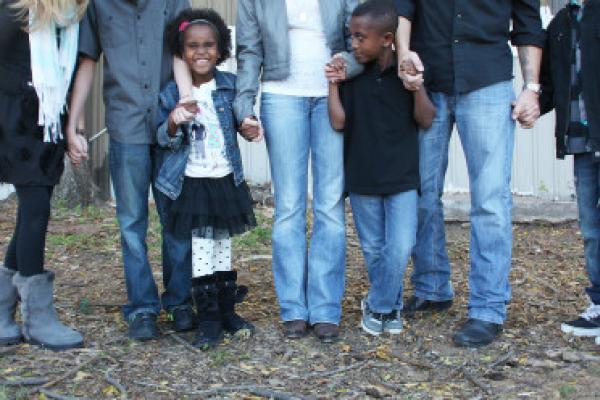Before she and her husband adopted a son and daughter from Ethiopia, popular evangelical blogger Jen Hatmaker said she had a different view about race in America.
“A couple years ago, I would’ve said we’re moving to a post-racial society because I was so under-exposed to people of color and the issues they deal with on a daily basis,” said the white Christian author, whose home renovation to make space for their growing family of seven was recently featured on HGTV.
As evangelicals have turned their attention toward adoption in the past decade, families like the Hatmakers are grappling with race relations in a profoundly personal way, especially as national news spotlights racial tension in New York, Ferguson, Mo., and elsewhere.
And evangelicals aren’t alone: A new Gallup poll found that 13 percent of Americans believe racism is the country’s most important problem, the highest figure since the 1992 verdict in the Rodney King case sparked riots in Los Angeles.
And, as Gallup noted: “After barely registering with Americans as the top problem for two decades, race relations now matches the economy in Americans’ mentions of the country’s top problem, and is just slightly behind government (15 percent).”
Read the Full Article

